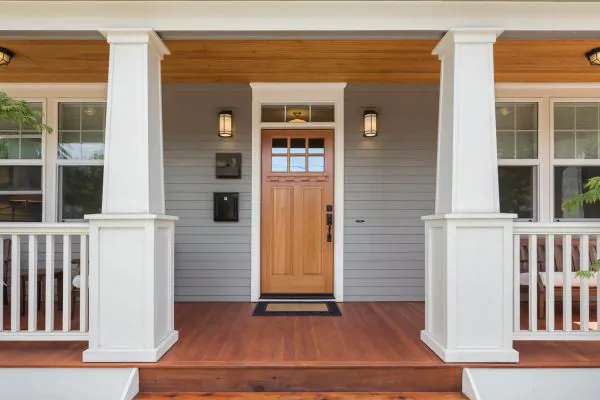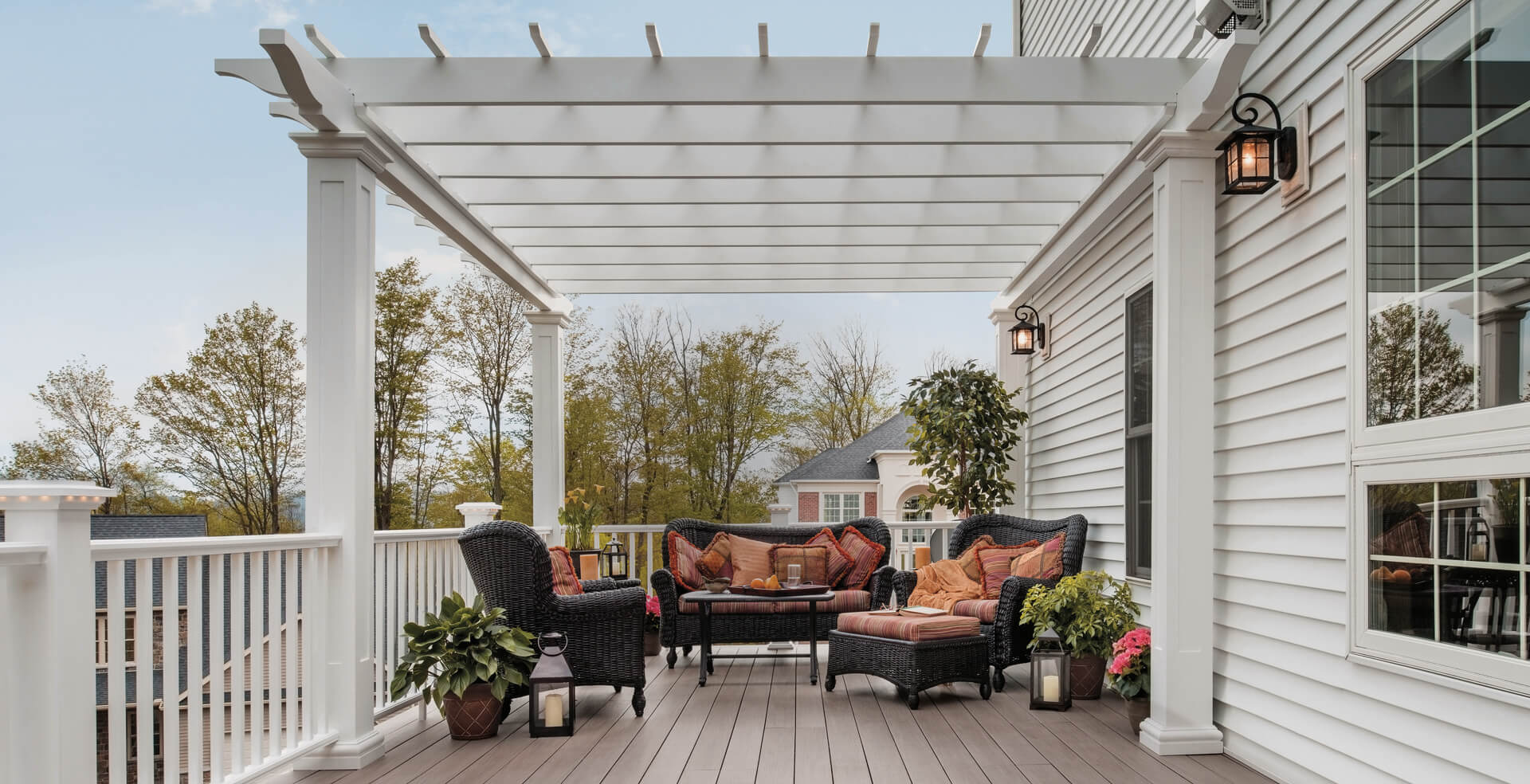Checking Out Different Kinds and Benefits of Deck: A Comprehensive Overview
The outside deck is more than just an extension of one's living room; it's a testament to personal design, a location for celebrations, and a haven to loosen up. The selection of decking material significantly affects these elements, with options ranging from the traditional appeal of timber to the usefulness of composite, and the resilience of light weight aluminum. Comprehending the nuances of these materials is important, so let's start our exploration, one deck type each time.
Recognizing the Basics of Outdoor Decking Material
Decking product serves as the foundation of any kind of deck job, dictating the overall looks, durability, and capability of the last product. The choice of product dramatically affects the deck's life-span, maintenance needs, and resistance to aspects. Understanding the essentials of outdoor decking material is important for an effective deck job. Best Deck Builders Near Me.
Advantages and Disadvantages of Timber Decks
In reviewing deck kinds, recognizing the advantages and disadvantages of timber decks ends up being important. This entails thinking about elements such as the kind of wood picked and its effect on the deck's efficiency. The succeeding discussion will certainly check out these points in information to offer a detailed sight of the advantages and disadvantages related to wood decks.

Timber Deck: Cons & pros
The appeal of wood decks can not be overemphasized. They emanate a classic appeal and cozy aesthetic that many home owners discover irresistible. This natural material is flexible, enabling a variety of design possibilities, and can supply an exceptional roi.
Nonetheless, timber decks likewise come with specific drawbacks. Its longevity can be less than various other decking materials, specifically if not appropriately cared for.
Selecting Your Timber Kind

Exploring the Advantages of Composite Decking
Turning attention to composite decking, it uses distinct advantages. Its durability outshines traditional wood in severe weather problems, decreasing the demand for constant upkeep. Furthermore, it gives a pleasing visual charm with variable layout alternatives.
Composite Decking Longevity Conveniences
Regardless of the variety of decking options available in the marketplace, composite decking attracts attention for its durability. This kind of decking, made from a mix of timber and plastic, offers a resistant, lasting platform resistant to aspects that normally break down various other materials (Deck Builders Near Me). It does not warp, split, or splinter, guaranteeing a constantly smooth surface area for several years. It's immune to harm from pests such as termites, adding to its long life. The fundamental resistance to fading, go to this site staining, and scraping is one more noteworthy advantage. This makes it a suitable choice for high-traffic areas or outdoor areas subjected to extreme weather. In summary, the longevity benefits of composite decking give a sustainable, cost-effective service for outdoor living areas.
Maintenance of Composite Decks
In enhancement to sturdiness, composite decking boasts a significant benefit in terms of upkeep. Unlike standard wood decks, composite decks are not at risk to rot, warp, or insect damage, hence substantially lowering the requirement for routine fixings and substitutes. The low-maintenance nature of composite decks not just offers ease of maintenance yet also adds to their lasting cost-effectiveness.
Aesthetic Allure and Variability

The Rising Appeal of Light Weight Aluminum Decks: Why Choose Them?
As article source the need for durable and low-maintenance outdoor decking surges, light weight aluminum decks are progressively becoming the go-to option for lots of property owners and builders. These decks, made from a light-weight yet sturdy steel, offer a number of benefits over typical timber or composite decks. To begin, aluminum is normally resistant to the aspects, suggesting it won't warp, split, or fade gradually. This makes it an affordable selection in the long run. In addition, its non-porous surface prevents the growth of fungis, mold and mildews, or bugs, ensuring a tidy and healthy outdoor area. Light weight aluminum decks are also ecologically pleasant, as they are often made from recycled materials and can be reused once more at the end of their lifespan. Finally, their streamlined and contemporary aesthetic appeal fits well into contemporary home designs.
Maintenance Tips for Different Decking Materials
All-natural timber decks need normal discoloring or securing to prevent climate damages, while composite decks need routine cleansing with soap and blog here water to eliminate discolorations and debris. Recognizing these upkeep requires is essential for deck owners to maximize their financial investment and maintain their decks looking their finest for years to come.
When Choosing Your Deck Type, elements to Consider.
Composite decks resist moisture well, making them suitable for moist or rainy areas. While some might desire a luxurious, exotic timber deck, budget restrictions could necessitate a much more affordable choice like pressure-treated wood. Thus, climate, way of living, cost, and maintenance are vital factors to consider in deck option.
Conclusion
Timber decks captivate with natural beauty, while composite and light weight aluminum varieties offer durability and reduced maintenance. Prior to dedicating to a specific deck kind, house owners ought to carefully think about the benefits, drawbacks, and maintenance demands of each material.
In examining deck types, recognizing the pros and cons of timber decks becomes essential.In spite of the plethora of decking choices offered in the market, composite decking stands out for its durability. Unlike typical wood decks, composite decks are not at risk to rot, warp, or insect damage, hence dramatically decreasing the demand for regular repair services and replacements. These decks, made from a light-weight yet sturdy metal, supply several benefits over typical wood or composite decks. All-natural timber decks require routine securing or staining to avoid weather condition damages, while composite decks need regular cleansing with soap and water to get rid of stains and particles.